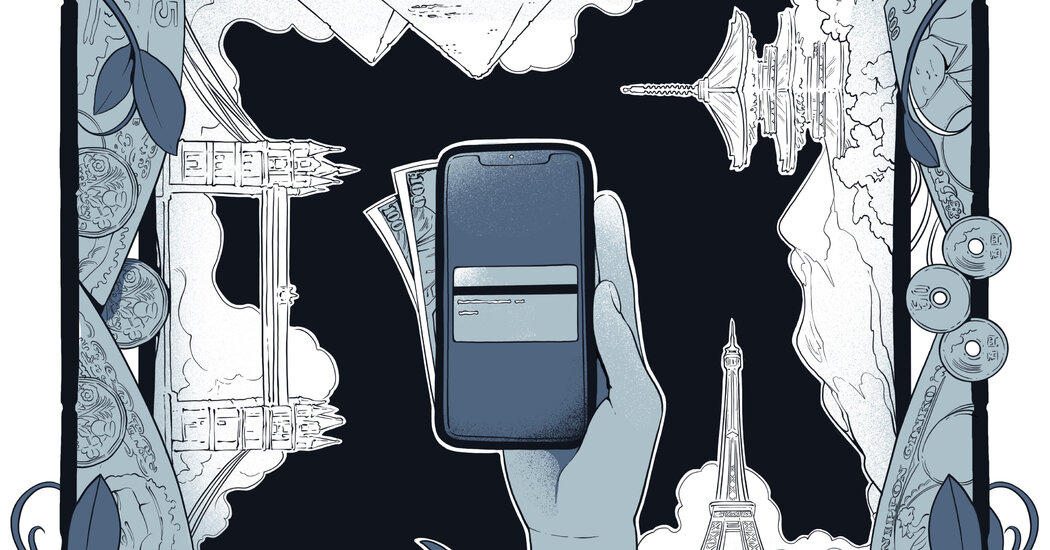Using foreign money wisely requires understanding the going exchange rate with the U. S. dollar and practicing the following strategies to avoid excessive fees.
Take a card that doesn’t charge transaction fees
The primary rule of managing purchases abroad is ensuring you are not using a credit card that charges foreign transaction fees.
“Everything you buy will be 3 percent more expensive if you have a card that doesn’t waive foreign exchange fees,” said Nick Ewen, the director of content at the Points Guy, a travel website that focuses on maximizing credit card benefits.
You don’t need an expensive card with a $500-or-more annual fee to have foreign transaction charges waived. Capital One offers cards with no annual fees or foreign transaction charges. The personal finance website NerdWallet maintains a list of credit cards that don’t charge a fee for foreign transactions.
Credit cards are often safer than cash because fraudulent charges can be disputed. (But given high interest rates, use credit cards only if you regularly pay off the balance in full.)
If you are planning on paying primarily with credit, bring a second card as a backup in case the first is lost, stolen or declined.
Ask to be charged in the local currency
If you are offered the choice to be charged in U.S. dollars or the local currency, always go with the local option.
“People feel like they’re playing with Monopoly money so they will say yes to the U.S. price because they know what it is, but you should let the credit card company do the conversion,” said Sally French, a travel expert with NerdWallet.
Merchants offering to charge in the local currency or U.S. dollars are engaging in “dynamic currency conversion” or setting their own exchange rate, which is typically worse than the going bank rate. Mr. Ewen of the Points Guy has seen a markup of 3 to 10 percent for paying in dollars.
“The reason you get a favorable exchange rate with a credit card is the issuer is operating at much more scale and they’re able to do a large volume of transactions,” said Greg McBride, the chief financial analyst at Bankrate, a personal finance site.
Don’t exchange money at the airport
Though you may need cash upon arrival in a foreign country to pay for a cab or tip a bellhop, don’t get it at an airport.
“In general, the worst place to exchange currency is, in fact, the airport,” Ms. French said.
She advises ordering a small amount of foreign currency from your bank before you fly….
Click Here to Read the Full Original Article at NYT > Travel…
